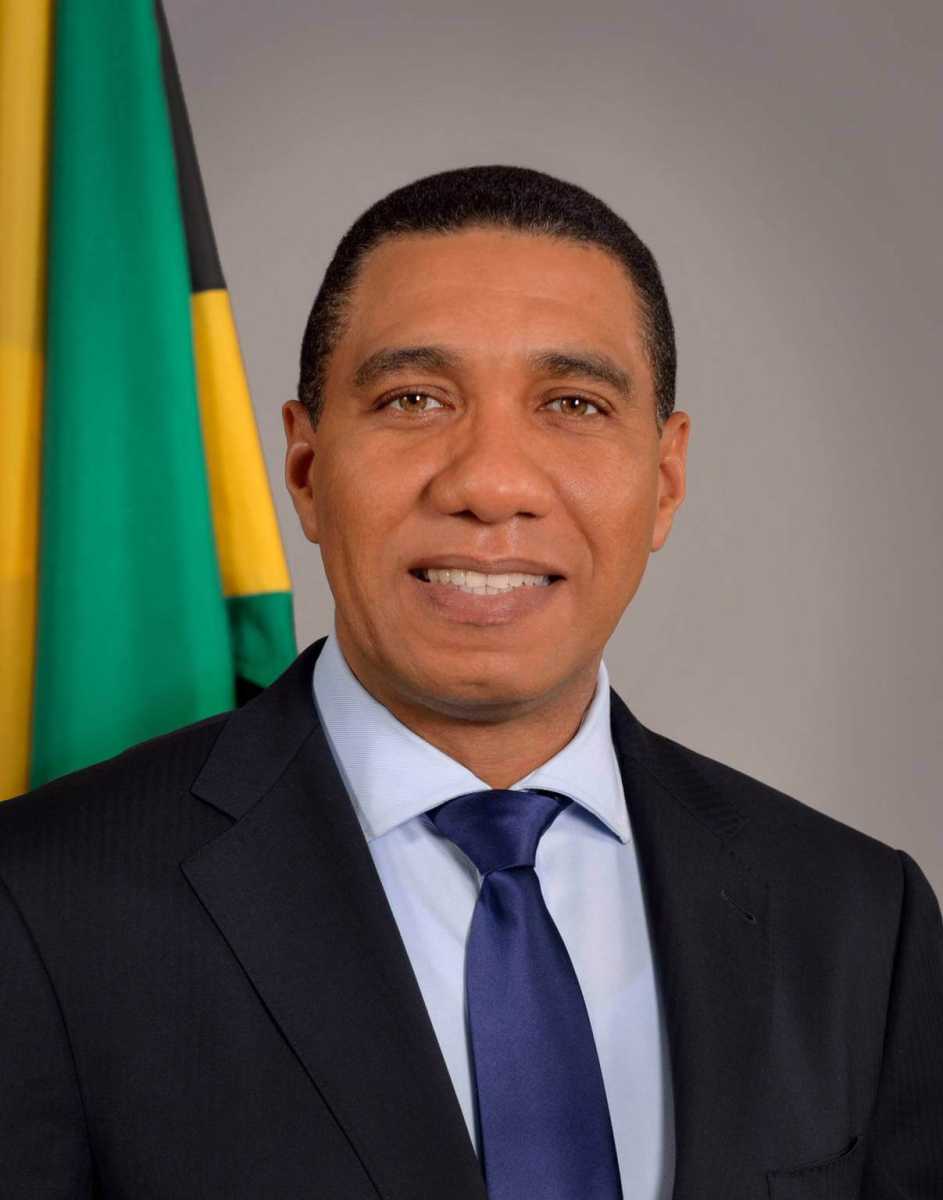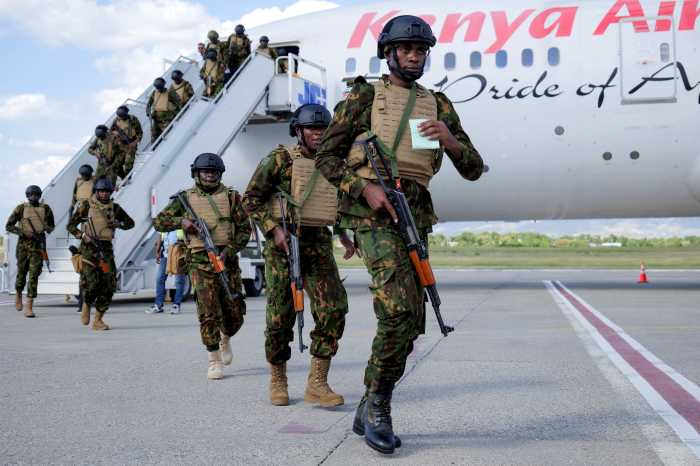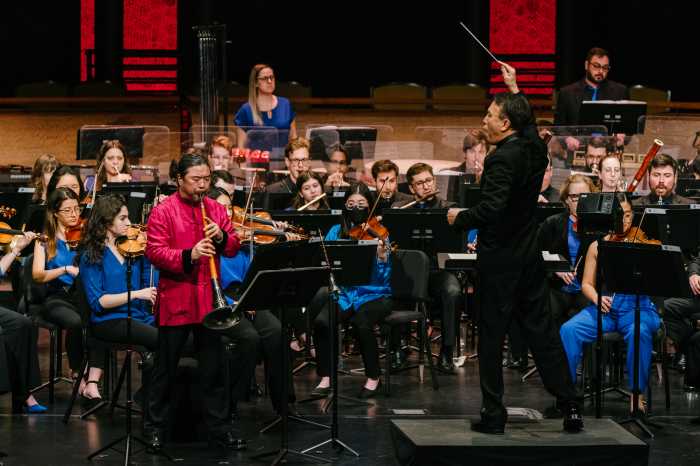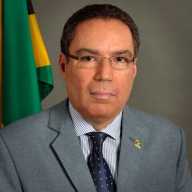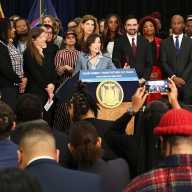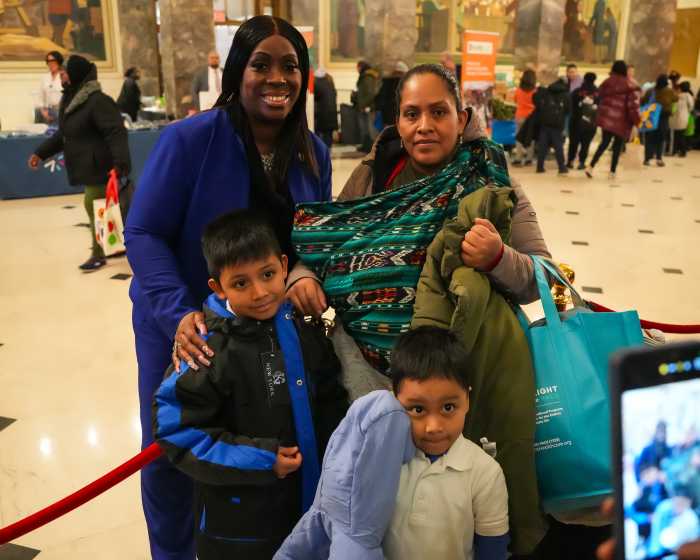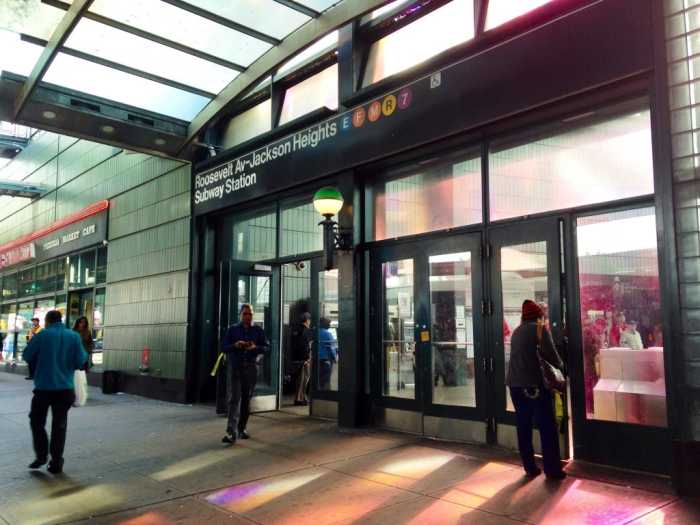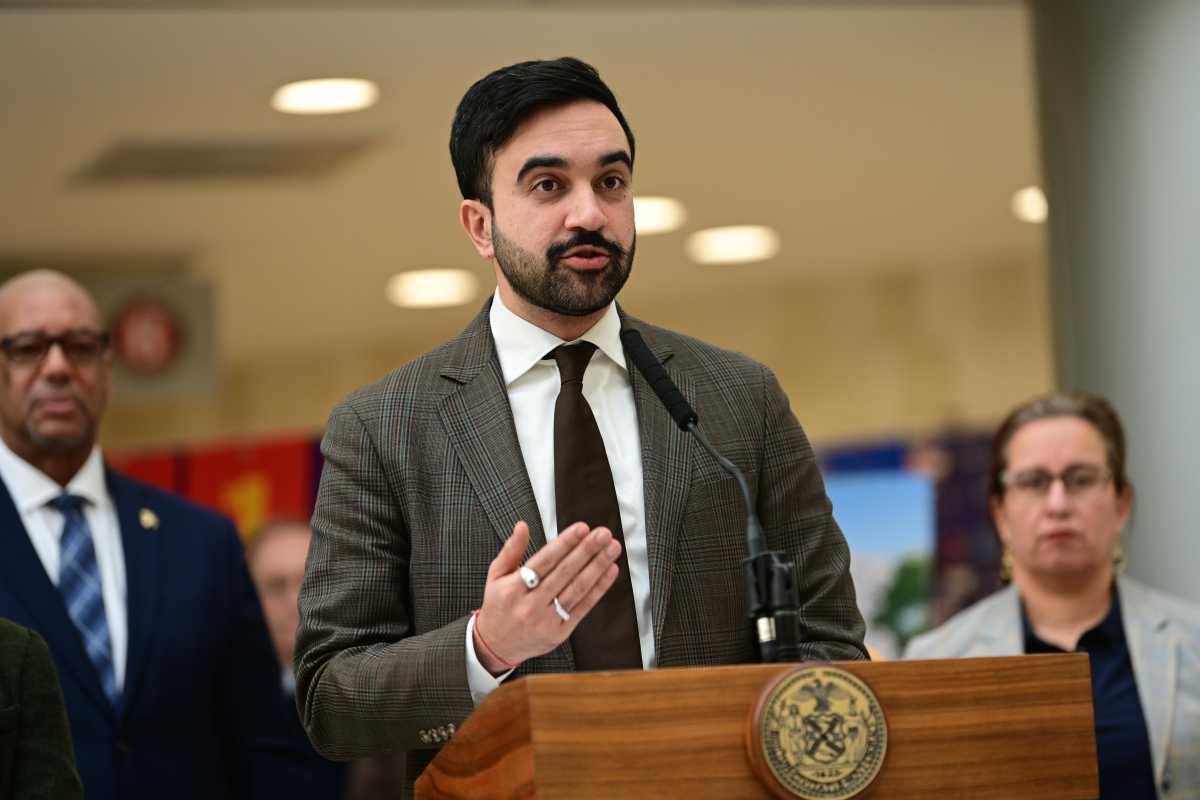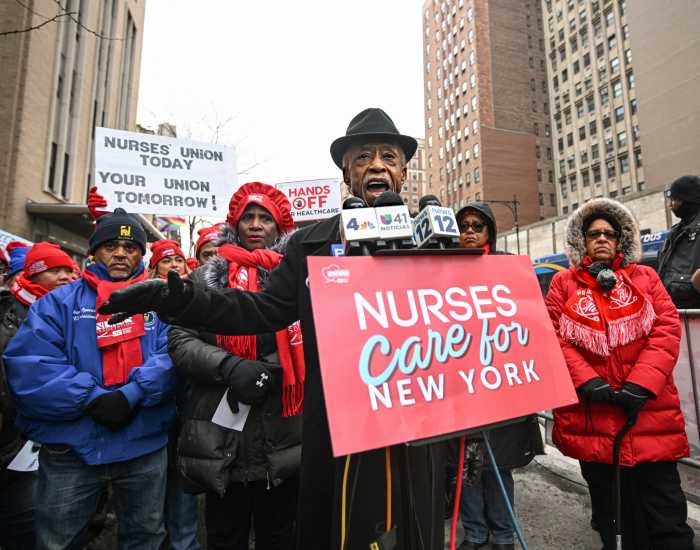Hours after announcing a landmark deal that could restore some order of semblance to strife-torn CARICOM member state Haiti, regional leaders returned to bases on Tuesday hoping that the multiplicity of stakeholders who agreed to stitch together an interim government of varied political interests would stand by the arrangement in the coming weeks.
The bloc announced the measures at a special one-day emergency meeting in Jamaica late Monday after hours of intense talks and negotiations that actually began during their summit in The Bahamas a year ago, but intensified significantly in recent weeks as Haiti’s security and humanitarian situation deteriorated and as the international community scrambles to put together a multinational force to take on heavily armed gangs which have shut down the capital and nearby areas.
Most of the leaders who spoke at the meeting hinted at fears that not all the stakeholder groups which they had lobbied to form a consensus caretaker government that would organize fresh, but long delayed general elections, would abide by the agreement and would not undermine it going forward as they feel that this is the best arrangement in the circumstances.
“It is clear that Haiti is now at a tipping point. The fear of the situation in Haiti worsening to become a civil war is now a real one. We are all agreed that this cannot be allowed to happen, not in our hemisphere with our longstanding democratic traditions and reputation as a zone of peace,” declared host Prime Minister Andrew Holness, as he stressed the need for widespread support for the transnational presidential council that will now govern the country now that caretaker Prime Minister Ariel Henry has agreed to step down.
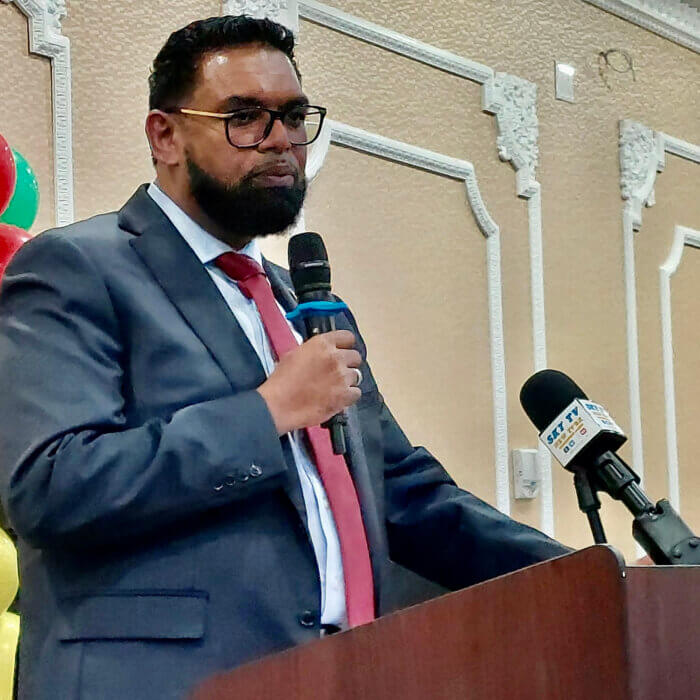
Photo by Tangerine Clarke, file
Bloc Chairman and Guyanese President Irfaan Ali said the region has now found a way to bring back stability to the region’s poorest and most populous member state but noted that all stakeholders have to be on board to make it work, including the private sector, the church, civil society and opposition parties among others.
“The consensus is for the Haitian people to give a little for the greater good of the Haitian people. We must all reach a consensus among ourselves. Difficult decisions will have to be taken in the interest of the Haitian people. I am very confident that we have found commonality and a common path through which we can support a Haitian led and a Haitian owned solution for the prosperity and stability of Haiti,” he said, surrounded by prime ministers from The Bahamas, Jamaica, St. Vincent, Barbados and the three-man eminent persons group, which the bloc had appointed last year to facilitate a solution among politically warring factions. Mexico, Brazil, Canada and the US in the form of Secretary of State Anthony Blinken attended the mini summit.
But while they were in Jamaica holding multiple meeting with stakeholders and communicating with groups across the strait to Haiti, notorious gang leader “Jimmy Cherizier, alias “Barbecue” was holding his own press conference in Port Au Prince earlier on Monday threatening further mayhem at hotels which he said are housing politicians gangs want to censure. He also disagrees with the proposed interim arrangements.
Local newspaper Haiti Libre quoted him as rejecting the efforts by CARICOM and international partners to form an interim administration and to push for the deployment of an international force to Haiti, noting that his G9 + GPèp armed coalition will be launching”a battle to free Haiti from the clutches of traditional politicians and corrupt oligarchs. If the international community continues on this path, it will plunge Haiti into chaos, by leading a small group of traditional politicians to elect a president and a model of government for the country. It is clear that it is the people of working-class neighborhoods and the Haitian people in general who know what they are going through. These are the same people who must take their destiny into their own hands to choose their leaders. It is the ‘Viv Ansanm’ alliance with the Haitian people, who will elect the one who will lead the country,” he vowed.
He also had a warning to the multinational force, suggesting that “no one can scare us, make us believe that we are going to be hunted in our own country. We are the children of slave era revolutionary, Dessalines. When our ancestors fought for our independence, they called us terrorists, like today. We did not come here to lie to the people. We are not making a peaceful revolution. We are making a bloody revolution in the country,” the paper reported.


